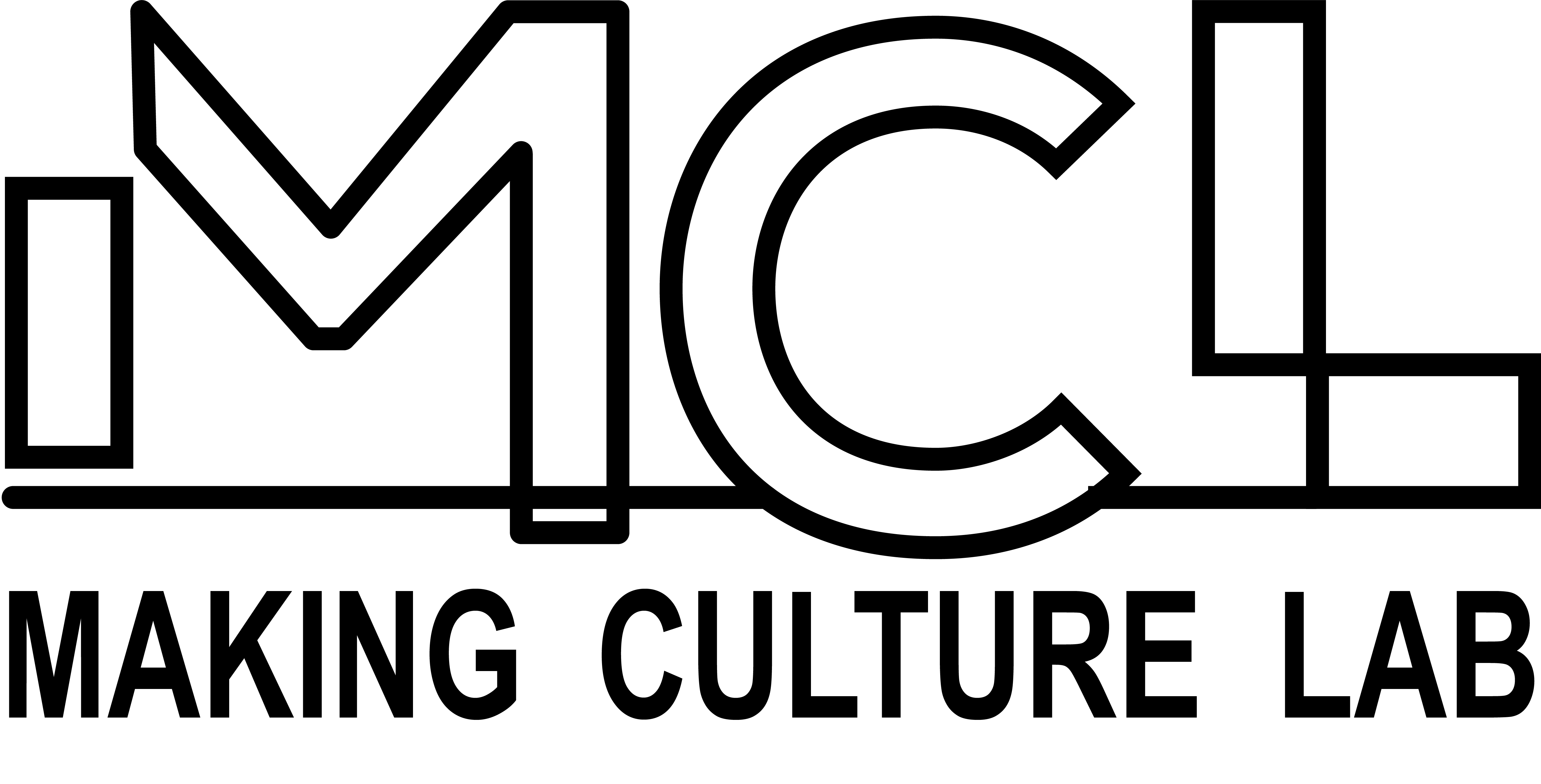Dr. Hannah Turner was a SSHRC Postdoctoral Fellow in the Making Culture Lab from 2017-2019. She is now as Assistant Professor in the iSchool at the University of British Columbia.
Dr. Hannah Turner is a critical information studies scholar who investigates the connection between documentation, culture, and technology. She broadly investigate how ethnographic material culture has been produced and circulated using different recording and documentation technologies through time. In particular, she is interested in how technologies can be used ethically for better practice between museums and originating communities. Her upcoming book, the Legacy of Data (UBC Press, 2020) is a history of ethnographic documentation practices and the classification and the cataloguing of material culture collections in the Smithsonian’s Department of Anthropology.
She is also interested in how new digital technologies are used to represent tangible and intangible cultural heritage. With several 3D digitization research and curatorial projects, she questions how objects and belongings are actively shaped by those who create and manipulate their digital representations. She has published on the politics of digital access, the decolonization of museum databases, learning with 3D printing, and the organization of knowledge in museums.
Prior to joining UBC, Hannah was a Lecturer in Museum Studies at the University of Leicester, and a SSHRC Postdoctoral Fellow in the Making Culture Lab at SFU. She completed her doctorate in the Faculty of Information at the University of Toronto in 2015.
__________________
My dissertation research, conducted in the Department of Anthropology at the Smithsonian’s National Museum of Natural History (NMHH), examined the practices of classification and categorization in the museum’s early ethnographic collections. I argue that in order to understand and foreground postcolonial approaches to material culture and history, it is necessary to understand how historical epistemologies and technological infrastructures shape our understanding of the past. This media history of anthropology is key to understanding how documentation and bureaucracy silently embed certain epistemologies and occlude others.
I also look at how new digital technologies are used to preserve material culture in museums, and I’m concerned with ethical and appropriate uses of these tools. With the 3D digitization of museum objects for example, I question how objects are actively constructed by those who create and manipulate their digital representations, and how the practice of digitization is a negotiation between community, museum, and technological infrastructure.
You can find more about my work by reading my publications: on the politics of access and digitization (2012) in museums; on decolonizing museum documentation (2015), on the computerization of museum collections in the special issue of Museum Anthropology (Fall 2016), and on the organization of knowledge in museums (2017).
I have taught classes on the preservation of digital heritage, museum collections management practice (2015), science and technology studies (2018), and digital museology (2018). I was also a research associate with the Semaphore Research Cluster at the University of Toronto, where we worked to understand children’s uses of 3D printing in Museum settings with the collaborative project “I Made This: Children’s Participatory Learning with 3D Printing” published in the journal Curator (2017).
I completed my undergraduate degree in Anthropology at the University of Victoria, my master’s and PhD at the University of Toronto in the Faculty of Information. From 2008-2010 I also helped build the project, The Reciprocal Research Network at the Museum of Anthropology at UBC.
You can find out more about me at hannahtrnr.com and on my profile at Academia.edu.

